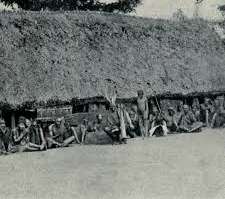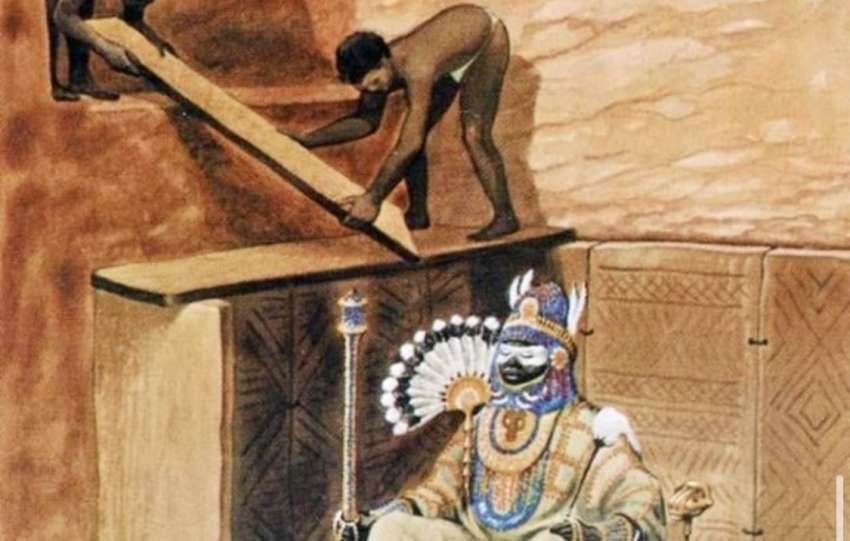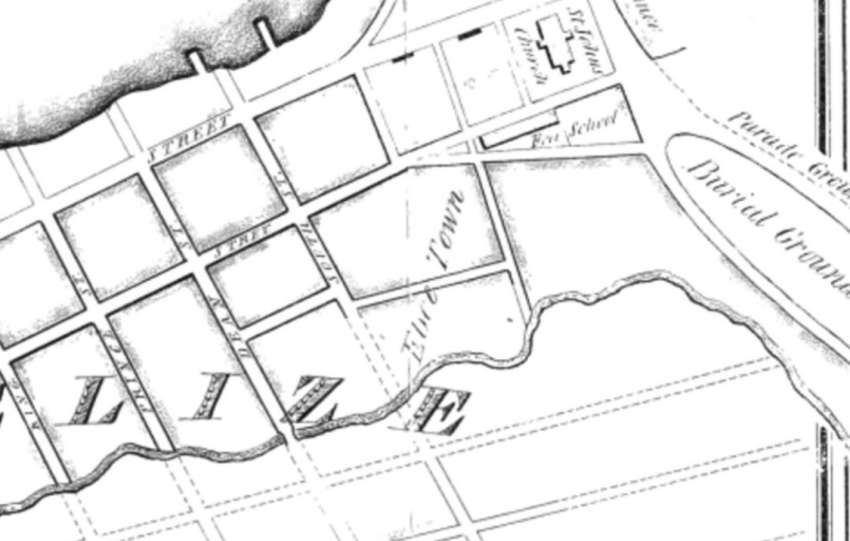
Igbo people, also known as “Ndi Igbo,” have a history rooted deeply in West Africa, with both archaeological and genetic studies offering clear views into their most ancient origins. For instance, evidence from Lejja in Nsukka reveals that over 4,000 years ago, long before the age of Abraham, the Igbo were smelting iron. The archaeological works in Uturu, another ancient Igbo territory, show the habitation of human beings some 10,000 years ago. This time frame is even before the biblical age of Adam and points to the continuous presence of humans in the area.
Genetic studies further support the African origin of the Igbos. Studies of DNA indicate that the Igbo, like lots of other ethnic groups in West Africa, belong to the Niger-Congo genetic pool. This represents a very large family of languages/cultures, stretching from West to Central and Southern Africa, including groups like the Yoruba, Efik, and Bantu. There is little genetic or linguistic connection between the Igbo and Afro-Asiatic groups, which include Hebrew speakers. This distinction is clear not only in language but also in shared genetic markers, which show that Igbo genes align more closely with African groups than with Middle Eastern populations.
Linguistics also tells a related story. The Igbo language is part of the Niger-Congo family, while Hebrew is part of the Afro-Asiatic group comprising all the languages from North Africa into the Middle East, such as Hausa, a language from northern Nigeria, which bears partial similarities with Hebrew and the rest of the Afro-Asiatic languages but Igbo remains entirely separate, showing more similarities to the West African languages such as Yoruba and Igala.

Historical records point to rich cultural and social structures within the Igbo people long before any recorded contact with the Israelis. For example, the Nri Kingdom is one of the oldest kingdoms in Nigeria, dating back more than a thousand years. This is a kingdom that articulates democratic leadership and religious authority through its priest-kings, symbolizing their people’s connections to the spiritual world.
Yet regardless of these solid connections to Africa, some stories have tried to trace Igbo roots back to Israel. Those supporting this claim often refer to Eri, whom they claimed was the ancestor of the Ndi Igbo and was a descendant of Gad, one of the sons of Jacob. But this story raises several contradictions. If Eri were a descendant of the Hebrews, he should have spoken some language close to Hebrew and practiced Hebrew religious traditions. In Igbo tradition, there is no evidence of the Hebrew language and religious traditions. Igbo names for his so-called wives, Nnemako and Oboli, and God’s name, “Chineke,” are not related to any Hebrew word or name. And the Igbo religion, which reveres ancestors and nature, differs significantly from ancient Hebrew practices.
The differences between Igbo and Hebrew origins go past language and genetics. Archaeological studies also support an independent Igbo development within Africa. Ancient tools, pottery, and iron-smelting sites found throughout the regions where Igbo had settled were unique to the cultures of West Africa and aligned with the technologies and practices of the other societies of Africa. These cultural links therefore hint at development within the region rather than at any influence from the Middle East. Besides, the various artefacts found on Igbo archaeological sites prove that the people were advanced in metalwork and agriculture-both which turned out to be outstanding trades in West Africa without influence from other civilizations.
While discussing Igbo history, one should consider the fact that these “Hebrew origin” theories took greater hold due to colonial influence. Especially through the missionaries, colonizers introduced Christianity and the Bible which sparked ideas of connecting local histories to biblical stories. It is this influence, maybe mixed with the natural desire for a deeper identity, that could have driven some towards seeking links with Israel. A look at some historical and scientific evidence, however, proves that Igbo is a proud African group that existed and flourished in the depths of time with a tradition, language, and belief unlike any other.
History has it that the Igbo people are rich, resilient, and gifted. Ndi Igbo can celebrate a heritage rooted in Africa, not in far-off lands, recognizing the valuable contributions their ancestors made to African civilization. From the iron-smelting practices in Nsukka to the building of the Nri Kingdom. Igbo forms one of the oldest cultures in West Africa, and it deserves recognition on its terms, based on facts and evidence, rather than mythically or through histories borrowed from elsewhere.
References:
- Heritage Science Journal. (2024). Unmasking the Myth: Igbo Origins Are African, Not Hebrew. Heritage Science Journal.
- Juniper Publishers. (2024). Exploring African Roots: Archaeological Evidence of Igbo Iron Smelting and Settlement History. Global Journal of Archaeology & Anthropology, 10(1).
- Smith, J. K., & Alabi, T. (2024). Genetic and Linguistic Divergence in West African Populations: The Igbo’s African Origins. African Studies Quarterly, 28(3), 155–178.
- Ibeh, C. O. (2023). The Nri Kingdom and Its Influence on Igbo Cultural Heritage: Precolonial Democracy and Religious Systems. Journal of African Historical Studies, 45(2), 231–249.
- Akpan, U. A., & Okeke, N. E. (2023). Beyond Myths: Re-Evaluating Igbo Ancestry and the Hebrew Connection Narrative. Journal of African Ethnology, 39(4), 412–435.



